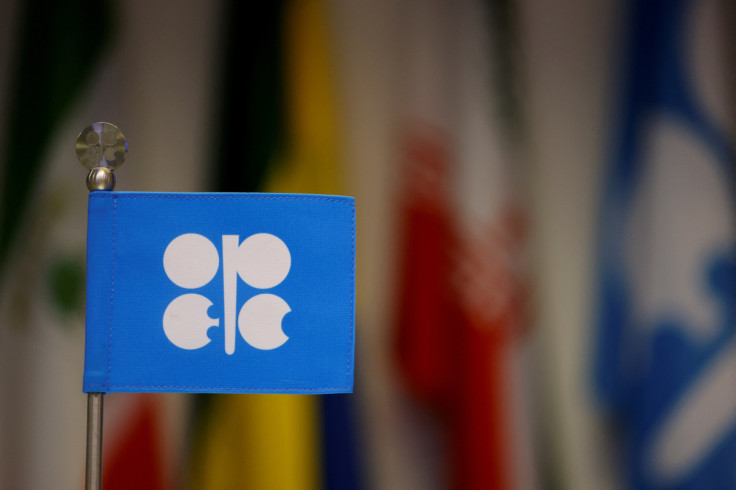OPEC+ Members Endorse Output Cut After U.S. Coercion Accusation

OPEC+ member states have lined up to endorse the steep cut to its output target agreed this month after the White House, stepping up a war of words with Saudi Arabia, accused Riyadh of coercing some other nations into supporting the move.
The United States last week said the cut would boost Russia's foreign earnings and suggested it had been engineered for political reasons by Saudi Arabia, which on Sunday denied it was supporting Moscow in its invasion of Ukraine.
Saudi King Salman bin Abdulaziz said the kingdom was working hard to support stability and balance in oil markets, including establishing and maintaining agreement of the OPEC+ alliance.
OPEC+ comprises the Organization of the Petroleum Exporting Countries (OPEC) and other producers including Russia.
The Saudi defence minister, King Salman's son Prince Khalid bin Salman, also said the Oct. 5 decision to reduce output by 2 million barrels per day (bpd) - despite supply tightness in oil markets - was unanimous and based on economic factors.
His comments were backed by ministers of several OPEC+ member states including the United Arab Emirates.
The UAE's energy minister, Suhail al-Mazrouei, wrote on Twitter: "I would like to clarify that the latest OPEC+ decision, which was unanimously approved, was a pure technical decision, with NO political intentions whatsoever."
His comment followed a statement from Iraq's state oil marketer SOMO.
"There is complete consensus among OPEC+ countries that the best approach ...is a pre-emptive approach that supports market stability and provides the guidance needed for the future," a SOMO statement said.
Kuwait Petroleum Corporation Chief Executive Nawaf Saud al-Sabah also welcomed the decision by OPEC+ and said the country was keen to maintain a balanced oil markets, state news agency KUNA reported.
'PURELY TECHNICAL'
Oman and Bahrain echoed the comment in separate statements.
Algerian energy minister Mohamed Arkab, meanwhile, called the decision "historic" and said that he and OPEC Secretary General Haitham Al Ghais expressed full confidence in it, Algeria's Ennahar TV reported.
In a statement to Reuters on Monday, Arkab said the OPEC+ decision, was "a purely technical response based on purely economic considerations".
Oil inventories in major economies are lower than when OPEC has cut output in the past. Some analysts have said that recent volatility in crude markets could be remedied by a cut that would help attract investors.
Umer Karim, a research fellow at the University of Birmingham, said OPEC countries are attempting to project unity.
"The emphasis on the word 'technical' also suggests that these member states are sending a message to the U.S. that they are not a party in this row between Riyadh and Washington," Karim said.
U.S. National Security Council spokesman John Kirby on Thursday said that "more than one" OPEC member had felt coerced by Saudi Arabia into the vote, adding that the cut would also increase Russia's revenue and blunt the effectiveness of sanctions imposed over its invasion of Ukraine.
King Salman said in an address to the kingdom's advisory Shura Council that the country was a mediator of peace and highlighted the crown prince's initiative to release prisoners of war from Russia last month.
Khalid bin Salman on Sunday said he was "astonished" by claims his country was "standing with Russia in its war with Ukraine".
"It is telling that these false accusations did not come from the Ukrainian government," he wrote on Twitter.
© Copyright Thomson Reuters 2025. All rights reserved.



















